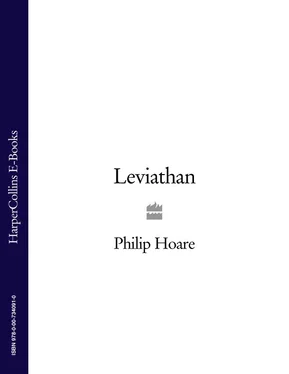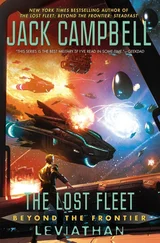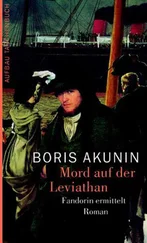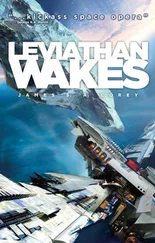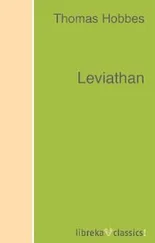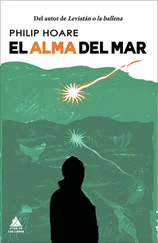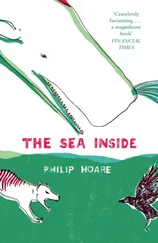Moby-Dick surpasses all other books because it is utterly unlike any other. It stands outside itself from the start, with its introductory list of historical quotations pertaining to the whale, as gathered by Ishmael’s ‘sub-sub-librarian’; and from there it moves through eccentric taxonomical descriptions as Melville attempts to capture his subject even as his hunters sought to harpoon it. Sidestepping his own narrative even as he delivers it, Ishmael almost wilfully and continually interrupts the reader with diversions and digressions, pulling him aside to address him with hell-fire sermons or musical interludes, with anatomical allegories or sensual dissertations on spermaceti oil.
In chapter after chapter, Melville teases out new legends to encircle the world and the whale. He creates a new family of men bent in pursuit of the whale, and a new kind of existence, culled from the lives he himself witnessed. Out of the oily, grimy labour of whaling, he forges a sterling heroism. In doing so, he melds his experience at sea with his dark view of the world and the nature of good and evil itself, seeing the future of his nation through his immaculate yet blasphemous creation, as if the whale were an American Sibyl of the new age.
Now, as I came to it again, I saw that Moby-Dick is a book made mythic by the whale, as much as it made a myth of the whale in turn. It is the literary mechanism by which we see the whale, the default evocation of anything whalish–from newspaper cartoons and children’s books to fish and chip shops and porn stars. Few could have predicted such an outcome for this eccentric work, least of all its author. Moby-Dick failed to sell out its first edition, and was almost entirely ignored in Melville’s lifetime. It took a new century for its qualities to be appreciated. In 1921 Viola Meynell declared that ‘to read it and absorb it is the crown of one’s reading life’, and wrote of its author, ‘His fame may still be restricted, but it is intense, for to know him is to be partly made of him for ever.’ (She also noted that J.M. Barrie invented Captain Hook out of Ahab, and his pursuant, time-ticking crocodile from the White Whale.) Two years later, in his extraordinary collection of rhetorical essays, D.H. Lawrence wrote: ‘He was a futurist long before futurism found paint…a mystic and an idealist’, author of ‘one of the strangest and most wonderful books in the world, closing up its mystery and its tortured symbolism’.
Moby-Dick became the great American novel retrospectively. It also became a kind of bible, a book to be read two pages at a time, a transcendental text. Each time I read it, it is as if I am reading it for the first time. I study my tiny edition as I ride on the Tube, as intently as the veiled woman next to me reads her Koran. Every day I am reminded that it is part of our collective imagination: from newspaper leaders that evoke Ahab in the pursuit of the war on terror, to the ubiquitous chain of coffee-shops named after the Pequod’s first mate, Starbuck, where customers sip to a soundtrack generated by a great-nephew of the author, Richard Melville Hall, better known as Moby.
Melville’s White Whale is far from the comforting anthropomorphism of the smiling dolphin and the performing orca, from Flipper to Free Willy , or the singing humpback and the ‘Save the Whale’ campaign–all carriers, in their own way, of our own guilt. Rather, Moby Dick’s ominous shape and uncanny pallor, as seen through Ahab’s eyes, represents the Leviathan of the Apocalypse, an avenging angel with a crooked jaw, hung with harpoons from the futile attempts of other hunters. This whale might as well be a dragon as a real animal, with Ahab as his would-be slayer.
The age of whaling brought man into close contact with these animals–never closer, before or since. The whale represented money, food, livelihood, trade. But it also meant something darker, more metaphysical, by virtue of the fact that men risked their lives to hunt it. The whale was the future, the present and the past, all in one; the destiny of man as much as the destiny of another species. It offered dominion, wealth and power, even as it represented death and disaster, as men met the monster eye to eye, flimsy boat to sinewy flukes, and often died in the process. More than anyone has realized, perhaps, the modern world was built upon the whale. What was at stake was the future of civilization, in the most brutal meeting of man and nature since history began. And as the animals paid for the encounter in their near extinction, so we must ask what price we paid in our souls. How have we moved so far from one notion of the whale to the other, in such a short space of time?
When I close my eyes, I see those massive animals swimming in and out of my vision, into the blue-black below; the same creatures that came to obsess Melville’s ambiguous narrator, ‘and in the wild conceits that swayed me to my purpose, two and two there floated into my inmost soul, endless processions of the whale’. On my own uncertain journey, I sought to discover why I too felt haunted by the whale, by the forlorn expression on the beluga’s face, by the orca’s impotent fin, by the insistent images in my head. Like Ishmael, I was drawn back to the sea; wary of what lay below, yet forever intrigued by it, too.
There now is your insular city of the Manhattoes, belted round by wharves as Indian isles by coral reefs–commerce surrounds it with her surf. Right and left, the streets take you waterward. Its extreme down-town is the Battery, where that noble mole is washed by waves, and cooled by breezes, which a few hours previous were out of sight of land. Look at the crowds of water-gazers there.
Circumambulate the city of a dreamy Sabbath afternoon…What do you see?–Posted like silent sentinels around the town, stand thousands upon thousands of mortal men fixed in ocean reveries…Nothing will content them but the extremest limit of the land…Tell me, does the magnetic virtue of the needles of the compasses of all those ships attract them thither?
Loomings, Moby-Dick
Nowadays Pearl Street is covered with asphalt, but once it was strewn with oyster shells, like the glistening white paths you can still see on Cape Cod. On 1 August 1819, when Herman Melville was born here, this thoroughfare marked the lower limits of Manhattan. And if it is hard now to imagine what New York looked like without its towers, rising to the sky in an insatiable search for space, then it was a notion familiar to Melville, for the city changed utterly within his own lifetime.
In 1819 much of Manhattan was still farmland; Central Park had yet to be born out of the common ground where freed slaves and the last Native Americans lived. Most New Yorkers were British or Dutch by descent; this was not the polyglot city it would become by the century’s end. The shallows in which the oysters grew were yet to be clawed back from the sea, and at the end of Pearl Street was the Battery, a promenade where citizens could take the sea air. Its Castle Clinton was still an island, although it would later become the home of the New York Aquarium where, in 1913, Charles H. Townsend exhibited a live porpoise.
The house in which Melville was born was demolished long ago. Set into a wall nearby is a memorial bust of the author, covered by perspex like a square porthole and overshadowed by an office block. Across the road, the river ferries spill out their early morning commuters from Jersey, in the shadow of the moored, anachronistic masts of South Street Seaport.
The sun shines through the cables of Brooklyn Bridge; a down-and-out stirs from a riverside bench. This is still a fluid place, accustomed to reshaping itself in its own image and leaving its history behind. Yet the past remains imprinted in these streets, and in the memory of the people who once walked them.
Читать дальше
